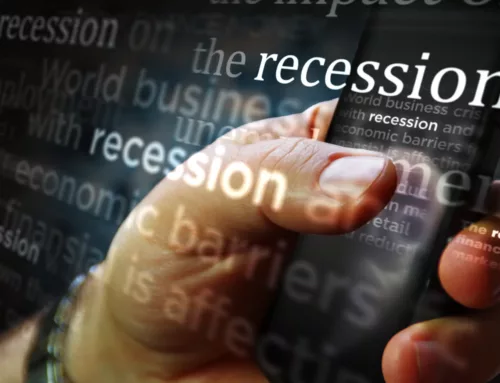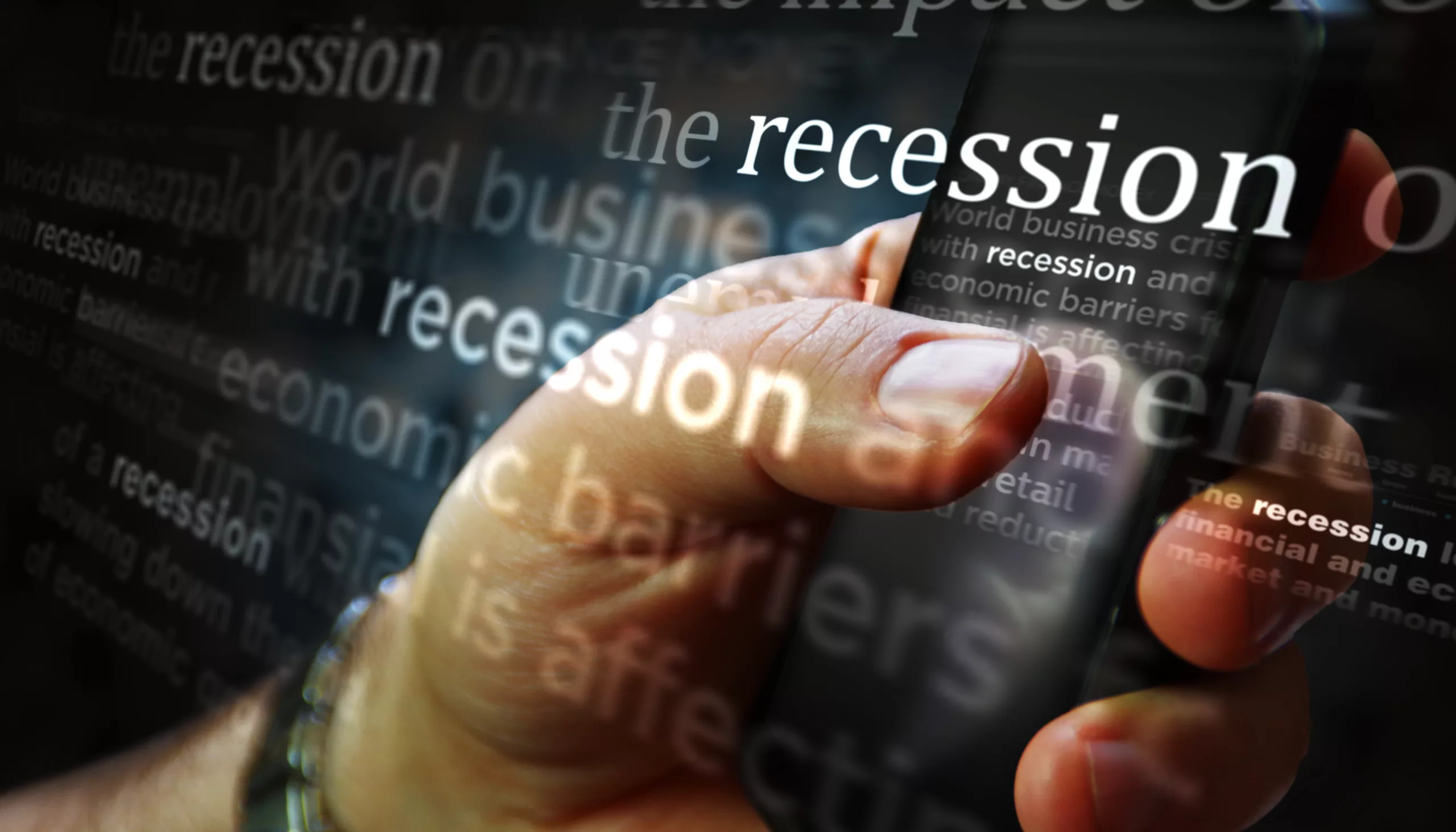What Is Credit Repair?
What is credit repair, and how could it help you get in better financial standing?
Let’s start with a simple definition of credit: your ability to borrow money and the likelihood that you’ll pay back the debt later. If you have a bad credit score, the system regards you as unlikely to pay back your debts — therefore, it’s much harder for you to borrow money. The credit scale ranges from 300 to 850, with 300 being the worst and 850 being the best.
Your credit score can decrease for several reasons:
- Late or missed payments
- A short or nonexistent credit history
- Too many (or too few) new credit cards
- Excessive credit in use
Credit repair is the process of improving your credit score. It can range from simple fixes like calling your credit agencies and disputing mistakes to more complex damage control like repairing the damage done by identity theft.
You can take plenty of steps on your own to repair your credit score. Below, we’ll look at what those steps are.
How Does Credit Repair Work?
Credit reporting agencies base your credit score on extensive information, ranging from the number of credit cards you’ve opened in a given timeframe to things like unpaid debt.
Notably, third parties cannot alter the information cited by credit reporting agencies. The agencies themselves are the only ones who can remove or change credit reports, and the most anyone else can do is read the report and dispute the details. You are entitled to receive a free credit report once per year.
Because of this, credit repair can be a time-consuming process. If you or a third party are trying to repair your credit, disputes need to be filed to counteract inaccurate or incomplete information on credit reports. In addition, your current credit usage and activity will heavily affect how your credit score rebounds.
Your payment history will significantly impact your credit standing. Credit repair will involve taking steps to ensure all payments are up to date, as well as altering the payment schedule for any outstanding debts. Both of these things will positively affect credit score.
Credit repair also involves reducing your overall debt load. Using a large percentage of your total credit available can negatively affect your score — even if you make your minimum payments on time! Why is this? The logic is that your ability to pay money or absorb a financial shock is being squeezed by the large amount of debt against you. If you can reduce your overall debt load, your credit profile may improve.
What Is Credit Repair Service?
Credit repair service is a service provided by several different businesses. The pitch is this: pay us money, and we’ll raise your credit score.
As you might suspect, this industry is a minefield, and you need to navigate it carefully. Credit repair services are rife with incompetency, and in some cases, they can make the problem worse. If you decide to hire a credit repair service, choose carefully based on third-party reviews and a solid reputation.
Your situation may simply require patching up misunderstandings or incorrect information. In that case, you may be able to do the repair on your own. If your problem is more complex, you can consider hiring a credit repair service.
Fees vary, but most credit repair businesses charge an initial fee for setup and a monthly fee for their services. Initial fees range from $10 to $100 or more. Your monthly fee is between $30 and $150 per month on average, though some companies are more expensive than this.
Before you hire a credit repair service, consider what you’re getting for your money. The Federal Trade Commission cautions that these firms can’t do anything that you can’t do yourself — so if you’re tight on cash and have some spare time on your hands, it may be a better choice to dive in and see what you can do yourself.
What Is Credit Repair Like?
Credit repair is mostly just looking over your credit reports and trying to locate inaccuracies or bad information. Call the credit bureau to dispute any inaccuracies, then schedule a follow-up call to make sure the investigation is underway.
Also read our resources on how to create your own budget [NOTE: link to other article here] — reining in your spending is the best defense against bad credit scores.








